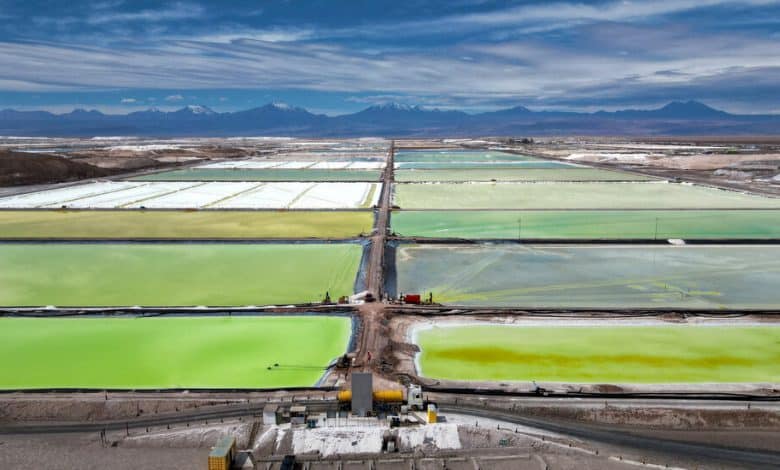We Can Buy Sustainable Food. Why Can’t We Buy Sustainable Batteries?

Seventy years ago, the United States was the world’s leading producer of fluorite, a brilliantly multicolored mineral essential to industries such as steel. But the last American fluorite mine closed nearly 30 years ago, unable to compete with cheaper operations in places like Mongolia.
Although America has abundant deposits of many of the critical minerals that go into our vehicles, electronics and buildings, these materials are mostly mined abroad in poorer nations where labor is cheap (or worse, workers are enslaved) and environmental laws are more permissive, rarely enforced or easily sidestepped with bribes.
The decline of domestic mining means that Americans are outsourcing the environmental and social costs of our inexpensive consumer goods to lower-income nations. More than 70 percent of the world’s cobalt, sometimes called the blood diamond of electric vehicle batteries, comes from the Democratic Republic of Congo, where child labor and sexual violence are rampant in mines. About half of the world’s nickel, another key ingredient in electric vehicle batteries, comes from mines in Indonesia, some of which have destroyed almost 200,000 acres of rainforest amid allegations of operating illegally on Indigenous land. In the Gobi Desert of Mongolia, where I’ve studied the environmental impacts of mining, I met fluorite miners who lamented the destruction of their landscapes and the poisoning of their groundwater.
Demand for these minerals is only growing as we transition away from fossil fuels, and leaving them in the ground will jeopardize climate progress. A United Nations study found that meeting international climate goals by 2030 could require building as many as 80 copper mines, 70 lithium mines and 70 nickel mines to supply the materials for electric vehicles, solar panels and a host of other low-carbon technologies.
The ethical and strategic way to handle this situation is for the federal government and environmentalists to encourage this industry to return to the United States and to hold it to the highest sustainability standards. Because safe and ethical mines are more expensive to run, consumers will have to pay a small premium for products with minerals sourced from these operations. Many of us are already paying more for responsibly sourced goods, such as chocolate and coffee — we should demand the same of our smartphones and batteries.
Reinventing the American mining industry might be more broadly appealing than it seems. On the right, conservatives are looking to shore up the jobs and tax revenue in rural communities generated by the fossil fuel industry, which is likely to decline as the energy transition gains momentum. Meanwhile, defense hawks are looking to outmaneuver China, which has a near monopoly on the supply chains of several critical minerals.